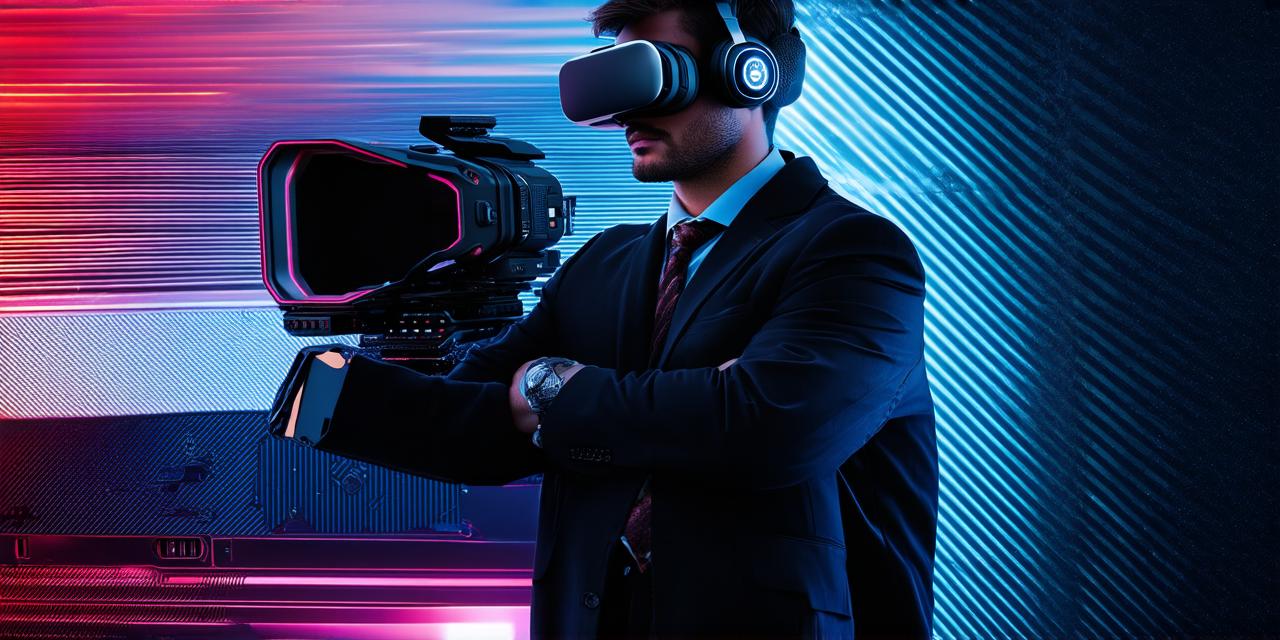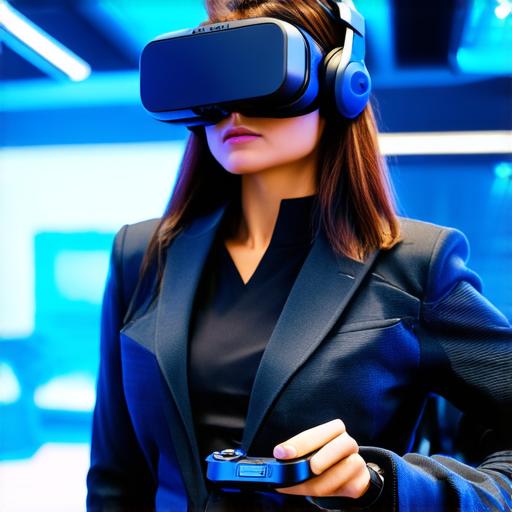
How can Accenture deploy virtual reality as a solution?
Virtual reality (VR) technology has come a long way in recent years, and its potential applications are virtually limitless. From gaming to education, healthcare to architecture, VR is changing the way we interact with the world around us.
The Benefits of Virtual Reality for Business
Virtual reality technology offers numerous benefits for businesses, including:
- Improved Training and Onboarding: With VR, employees can receive hands-on training in a safe and controlled environment without the risk of injury or damage to equipment. This allows for more efficient and effective training processes.
- Enhanced Customer Experience: VR can provide customers with immersive experiences that allow them to visualize products and services in a way that is not possible through traditional methods.
- Increased Collaboration and Productivity: VR enables remote teams to work together in virtual environments, allowing for increased collaboration and productivity.
- Cost Savings: By reducing the need for physical prototypes and minimizing travel costs, businesses can save money on production and logistics.
Real-Life Examples of Accenture Deploying Virtual Reality
Accenture has already begun to deploy virtual reality technology in a variety of industries, including:

- Healthcare: Accenture has developed a VR platform that allows doctors to perform surgeries in a virtual environment, reducing the risk of complications and improving patient outcomes.
- Retail: Accenture has created a VR shopping experience that allows customers to try on clothes virtually, reducing the need for physical fitting rooms and increasing customer satisfaction.
- Manufacturing: Accenture has used VR technology to improve product design and prototyping, allowing manufacturers to create more efficient and cost-effective production processes.
The Future of Virtual Reality in Business
Virtual reality technology is only in its early stages, and its potential applications are vast. As the technology continues to evolve, we can expect to see even more innovative uses of VR in business, including:
- Remote Work: As virtual reality technology becomes more advanced, it will likely enable remote teams to work together in virtual environments, allowing for increased collaboration and productivity.
- Tourism: Virtual reality technology could allow tourists to explore destinations virtually, reducing the need for travel and minimizing environmental impact.
- Real Estate: Virtual reality technology could be used to create realistic 3D models of properties, enabling buyers and sellers to visualize potential changes and improvements.
- Education: Virtual reality technology could be used to create immersive learning experiences that allow students to explore complex concepts in a way that is not possible through traditional methods.
Conclusion
Virtual reality technology offers numerous benefits for businesses, including improved training and onboarding, enhanced customer experience, increased collaboration and productivity, and cost savings. Accenture has already begun to deploy virtual reality technology in a variety of industries, and we can expect to see even more innovative uses of VR in the future. As virtual reality technology continues to evolve, it will likely become an essential tool for businesses looking to stay competitive and adapt to changing market conditions.


